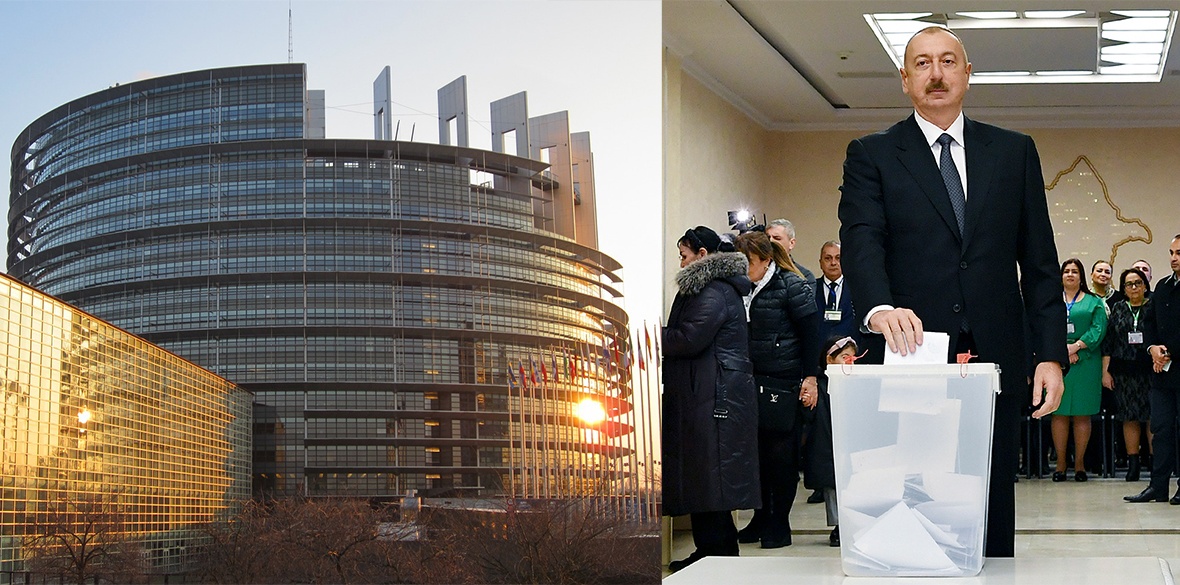This is the last article you can read this month
You can read more article this month
You can read more articles this month
Sorry your limit is up for this month
Reset on:
Please help support the Morning Star by subscribing here
THE European Parliament voted in favour of funding gas infrastructure projects today, including a controversial pipeline linked to the brutal dictatorship in Azerbaijan, a day after a fresh crackdown on civil rights activists in the country.
MEPs rejected a resolution that would have blocked the European Union from providing upwards of €25 million (£21m) for cross-border fossil fuel infrastructure.
“This a hypocritical decision that fails to reflect the scale of the climate impacts that we are already experiencing and the urgent need to keep fossil fuels in the ground,” said Clemence Dubois of environmental charity 350.org.
“The EU has made a number of big announcements over the past few months, declaring a climate emergency and proposing a green deal, but today’s vote shows that many MEPs and EU institutions are not yet ready to walk the talk,” Mr Dubois said.
“In November, the European Investment Bank pledged to end fossil fuel finance by 2022, but today’s decision activates a loophole that will allow the world’s largest international public lender to pump billions of euros into new climate-wrecking fossil gas projects.”
One such fossil gas project that the EU has pumped millions of euros into is the Southern Gas Corridor, a 2,200-mile enterprise costing around £34 billion, bringing gas from Azerbaijan to Italy.
Snap parliamentary elections held in the small south Caucasian country on Sunday produced another majority for the party of President Ilham Aliyev, whose family has ruled since 1993.
Around 30 people who gathered outside the Electoral Commission yesterday to protest at the dubious election results were beaten by police.
Ulviyya Guliyeva, an independent journalist at the scene, told the Star what she saw.
“For the first two hours, [the police] did nothing. And then they saw that a lot of people were joining the protest, so they began to kick and punch everyone. They beat and detained everyone.”
Ms Guliyeva was bundled into the back of a police van along with protesters and other journalists.
“When we were in the police bus, they said that we were opposition journalists.
“To them, criticising the police or the state is on equal terms with being a member of the opposition.”

 Ben Cowles
Ben Cowles









